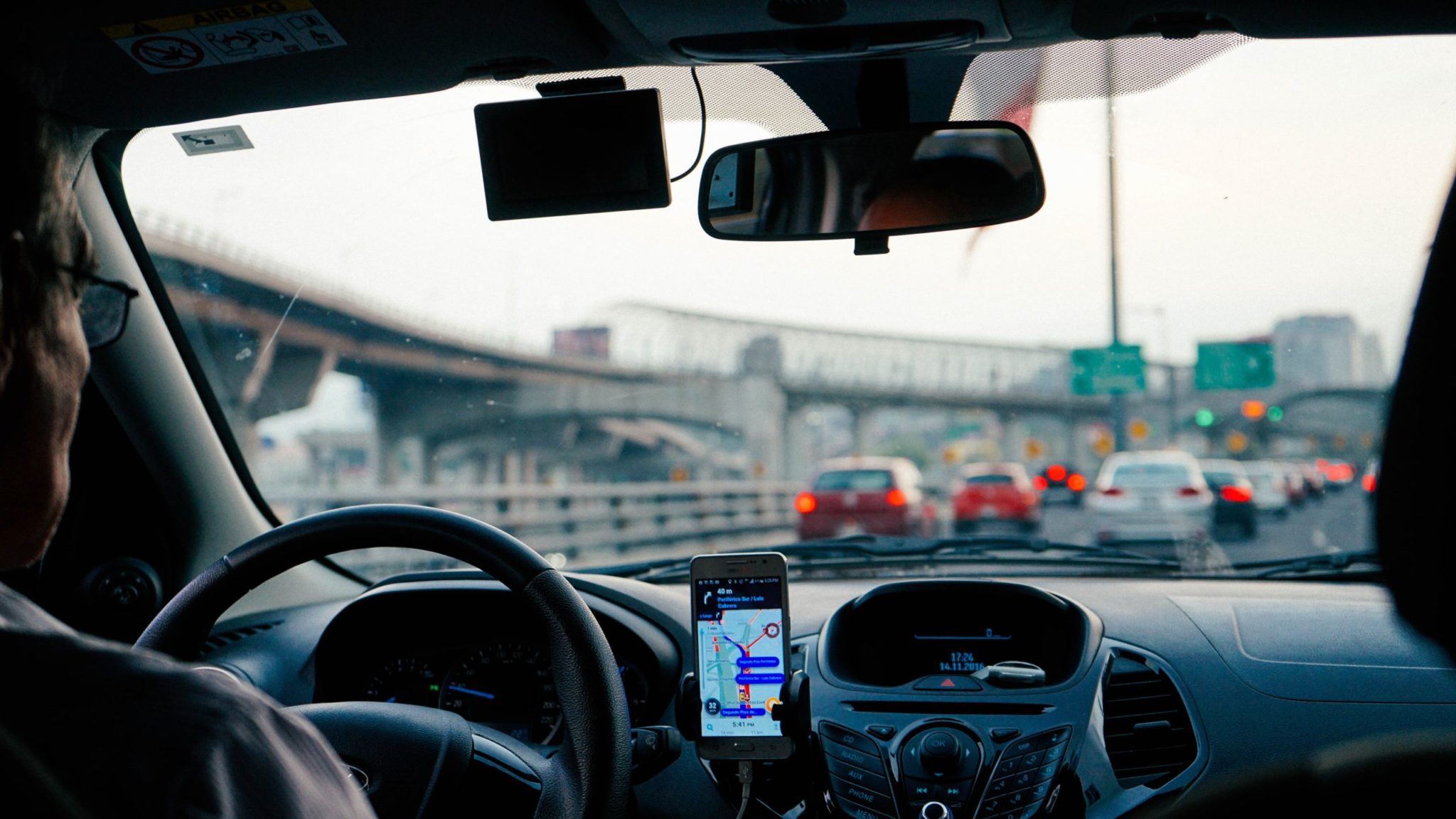Uber’s Expanding Delivery Service
Founded in 2009 from Travis Kalanick and Garrett Camp’s initial idea to request a ride from an app on your phone, the ridesharing company grew from a promising startup to the largest “taxi” service in the world. Uber has made its mark on a global scale thanks to its wide availability that offers ride-hailing, package delivery, and food delivery on demand. Its easy-to-use nature through the Uber app allows for trip requests to be sent to Uber drivers who then pick you up and drive you to your desired destination using the navigation route. Uber is available in over 10,000 cities around the world, and over the years the revolutionary service has expanded to Postmates, an efficient food delivery app, Drizly, an alcohol delivery service, and Careem, a similar ride service option in the Middle East.
During COVID-19 especially, the food and grocery delivery market has been more in demand than ever before and Uber’s shift away from primarily ride-hailing has proved to be profitable in the midst of the pandemic. With more individuals skipping out on restaurant eating and opting to order in, it was in Uber’s best interest to expand their focus.
In response to new investments in food/grocery delivery, Uber has let go of some of the traditional ride services like Jump, the electric scooter business, Advanced Technologies Group, their self-driving attempt, and Uber Elevate, their flying taxi unit. These steps exhibit the way COVID-19 has impacted the need for ride-hailing and automobile-focused industries and the way food, clothes, and electronic delivery to homes has taken precedence over it.
Uber and Cornershop

The expansion of Uber has reached new heights as of recently. After two years of holding majority shares in the grocery delivery startup, Cornershop, Uber acquired the 47% remaining interest in the company on Monday. This most recent business move showcases the profitability in food delivery especially as despite the pandemic alleviating, many still prefer the option of ordering in. Grocery delivery has been particularly necessary during this time and fits into Uber’s accessible and fast delivery/hailing initiative in recent years. Cornershop allows individuals to use easy-to-create shopping lists from grocery locations close by through its app, and lets users know the delivery status of their items.
What does this mean for the future of the brand? By acquiring this startup one can only presume that Uber’s outreach will only continue to expand, and their ride-hailing services will pick back up as the effects of the pandemic continue to decrease.










